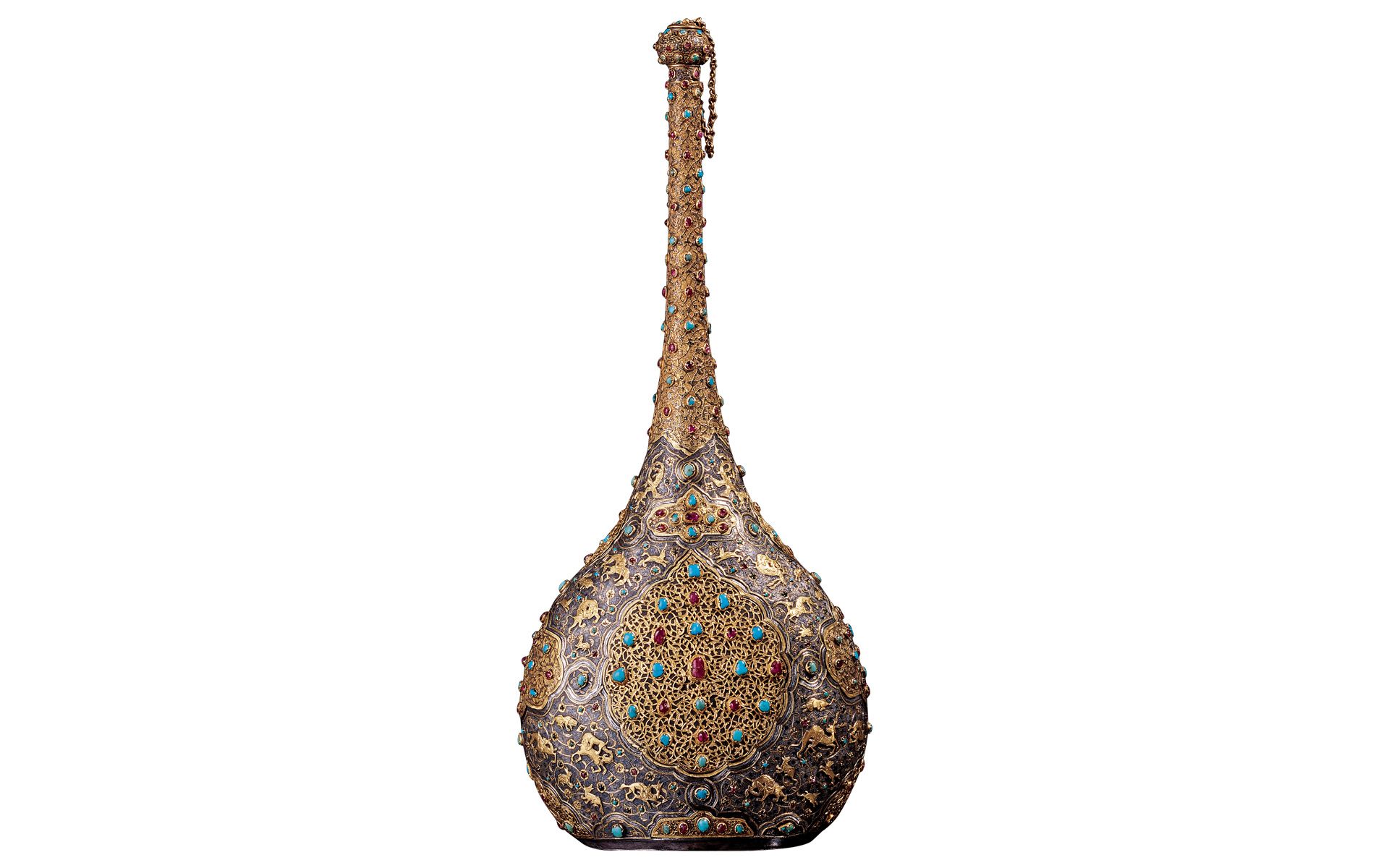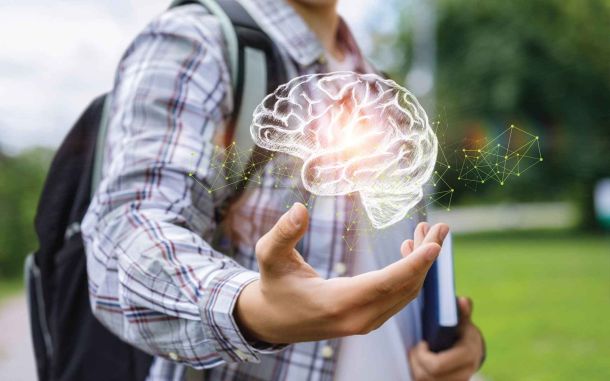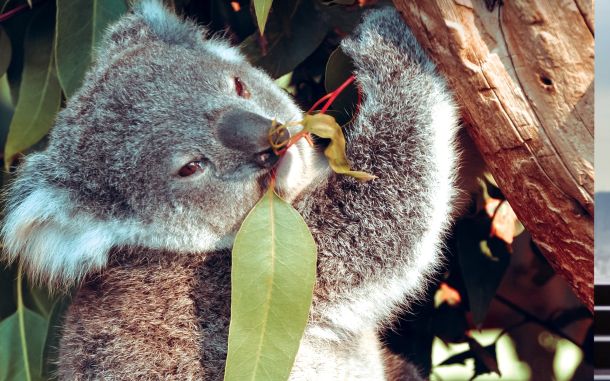The Fountain 1993-2023

Many athletes retire in their 20s or 30s. There are many good examples of athletes who have played into their late 30s, or even 40s, and continued to break records in their respective fields. When Lionel Messi finally raised the FIFA World Cup this past December 2022, he was 35—at the apex of his career, still mesmerizing spectators. One day, Messi will retire, too. So will all of us from our careers when the time comes. The only “occupation” that does not ever call for retirement is “seeking knowledge.”
As of this year, The Fountain has completed 30 years in its pursuit of knowledge.
I can hear refutations from some of you about this claim: “C’mon, we are in the AI age. You don’t have to seek anything anymore; AI does it for you.”
These refutations do have a point—ask your chatbot to write a poem about a theme with two seemingly irrelevant words, and in just a few seconds, you have a perfectly rhyming poem that makes perfect sense. Some have even claimed that an AI has become a “sentient being” with “feelings.” It seems this new phenomenon—which, by the way, was not totally unexpected—is making many professionals, including illustrators, designers, architects, software engineers, college professors, writers, and even therapists (there are apps with chatbots that ask how one is feeling, what bothers them, and gives advice on how to manage chronic pain), to scratch their heads over how this will influence their jobs and creativity.
Whatever technological marvels will appear at our doorstep—or rather in the palm of our hand—what should really concern us is how much we, as an individual, “positively” contribute to this fascinating time in human history. How much input are we adding to the search for knowledge? Are we interpreting this knowledge in a way that brings light to our lives? Yes, it is an incredible time of knowledge production, but how much of it is digestible and healthy for our minds and our hearts? How much of this knowledge is true, reliable, or even fact-checkable? How much of it can provide true healing for all of us, so we can make sense of a life that is filled with uncertainty and insecurity?
Celebrating our 30th anniversary, we at The Fountain feel our mission to produce the “good word” (Qur’an 14:24-25) is becoming more and more relevant. Never in history has humankind been so overwhelmingly exposed to forces of distraction than now, especially in terms of virtual entertainment and communication, easily accessible fake news, and so-called knowledge produced by unqualified individuals. We believe providing content with illuminating perspectives on the rapidly evolving landscape of science, technology, and social events is necessary to nourish our hearts, so we can maintain our direction in this journey we call life.
“My Lord, increase me in knowledge.” (Qur’an 20:114)







